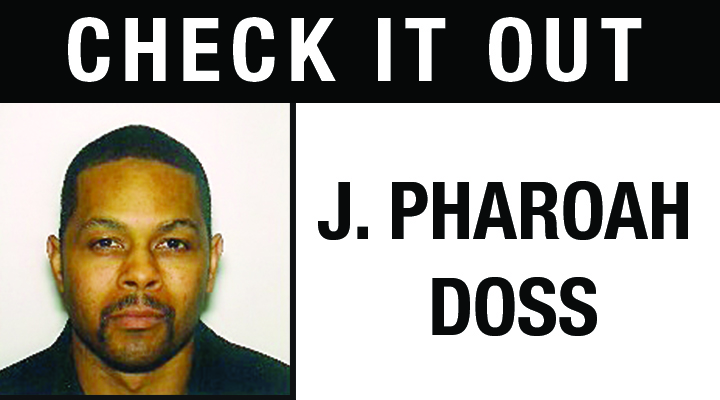by J. Pharoah Doss, For New Pittsburgh Courier
21st-century Black spokespersons speak in their own social justice jargon. They often describe Black communities as marginalized and Black people as vulnerable.
For them, “the marginalized” are people with limited access to privileges enjoyed by the wider society, and “the vulnerable” are people exposed to decreasing living standards.
Since most Black people don’t speak this specialized language, they might confuse the social justice definition of “vulnerable” with the dictionary definition and conclude that Black people are one of two things.
1). Susceptible to emotional attack
2). In need of special care, support, or protection
This social justice jargon was mainstreamed over a decade ago. The question is, what’s the result if the unintended definition of “vulnerable” was internalized over that time span?
Two years ago, Stanley Fabian, a Black 19-year-old former student of Minooka Community High School, sued the school over a racial incident that occurred during his senior year.
Here’s the whole story.

A White student brought a cookie cake to class. Fabian jokingly reached for the cookie cake and the White student replied: If you touch that cookie cake, I’ll lynch you.
The end.
This should have been the end of it because nothing happened. Eventually, the White student was suspended for making a racially insensitive threat. But Fabian’s mother wasn’t satisfied. She wanted the White student expelled for a hate crime. Fabian’s mother most likely based this on another social justice tenet that states violence can be words that are used to “mock, categorized, exclude or control.”
Since the school didn’t think the White student’s actions constituted a hate crime or violence, Fabian’s mother accused the school of not taking the lynching threat seriously.
Fabian told reporters, “For four years, I’ve heard multiple slurs being thrown around at African American students and Mexican students.” Fabian brought the lawsuit because he insisted “Students should feel protected, as of right now, I don’t think the majority of minority students feel protected.”
Now, James Meredith and every member of the Little Rock Nine would have asked-protected from what? When these individuals integrated their respective schools. The possibility of them being lynched was so high. They had military escorts.
Fabian was not going to be lynched under any circumstance. If he endured “psychological trauma” due to the historical horror associated with lynching, it was because he internalized “vulnerability” and expected the school to protect him from an emotional attack.
This is a weak mindset that’s been passed on to a generation that never experienced the oppression of the 20th century but acts like they need to be protected from Jim Crow daily.
Unfortunately, this weak mindset hasn’t just captured the youth.
At the 94th Academy Awards, comedian Chris Rock made a joke about Will Smith’s wife’s lack of hair. Jada Pinkett Smith’s hair loss was due to alopecia, which Rock did not know at the time. But the first principle of this weak mindset is that “intent doesn’t matter its impact”. So, it’s irrelevant that Rock meant no harm, all that mattered was Jada Pinkett Smith’s emotional response.
Unlike the Fabian incident, something happened. Will Smith walked on stage and slapped Chris Rock for making fun of his wife.
That same night, Will Smith won the Oscar for playing the father of tennis superstars Venus and Serena Williams. Will Smith said, during his acceptance speech, “Richard Williams was a fierce defender of his family. I am overwhelmed by what God is calling on me to do and be in this world. Making this film, I got to protect Aunjanue Ellis, who is one of the strongest, most delicate people I ever met. I got to protect Saniyya and Demi, the two actresses that played Venus and Serena. I’m being called on in my life to love people and protect people.”
In other words, pretending to be a protector on film gave him the courage to protect his vulnerable wife from a harmless joke?
Comedian and actress Tiffany Haddish said after the Oscars, “When I saw a Black man stand up for his wife. That meant so much to me. As a woman who has been unprotected … It was the most beautiful thing I ever seen.”
Unfortunately, she wasn’t joking.
That means she can’t distinguish a weak-minded overreaction from actual protection from harm.